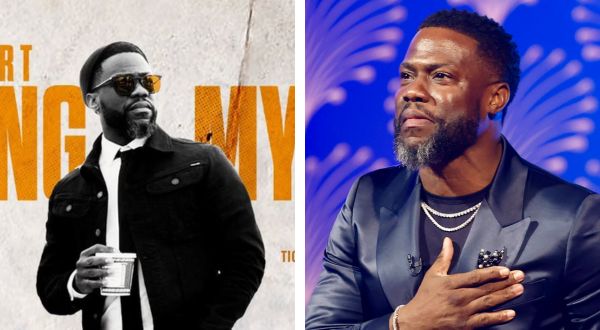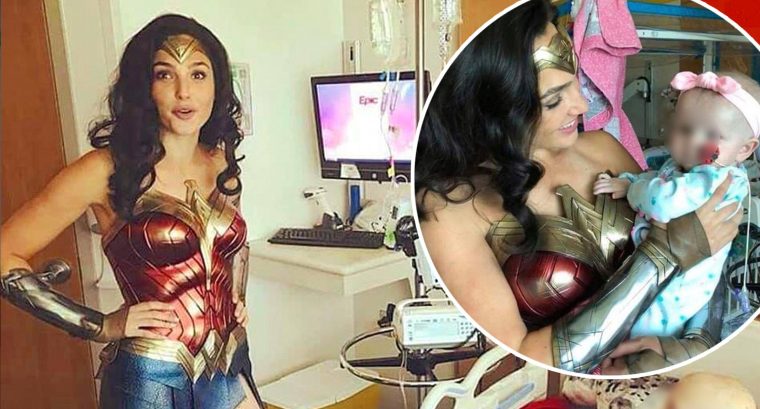As Marvel Comics prepares to revisit its Ultimate Universe, this presents an array of opportunities for the company moving forward, including a chance to address the Ultimate Universe’s influence on the Marvel Cinematic Universe. This week, Marvel announced plans to release a series centered around the return of the Ultimate Universe. The storyline, comprised of a four-part miniseries, will be called the Ultimate Invasion.
For those unfamiliar with the Ultimate Universe, it was Marvel’s popular variant imprint world showcased during the 2000s as a means to modernize Marvel for new readers without the burden of having to fit stories into decades of continuity. Many aspects of the Ultimate Universe wound up providing inspiration for the Marvel Cinematic Universe. The use of Samuel L. Jackson’s likeness for Nick Fury, the concept of S.H.I.E.L.D. forming the Avengers, and the alien species the Chitauri are just a few of the things that the MCU borrowed from Ultimate Marvel.
The Flaws of the Ultimate Universe Are Connected to the MCU
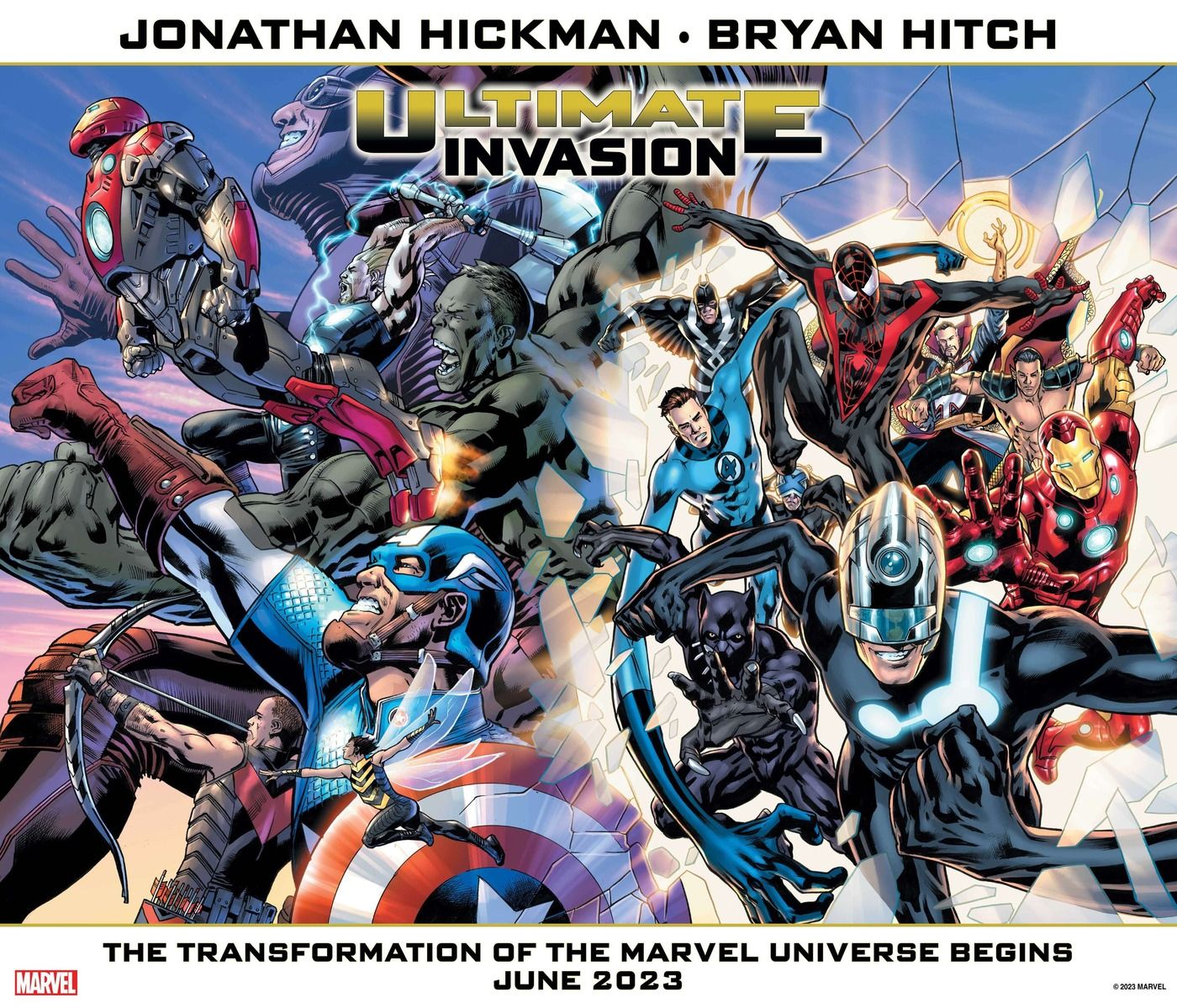
With that said, the Ultimate Marvel Universe was never perfect, and many readers would argue that its stories and characters haven’t aged well nearly a whole decade after its end. It got to the point that even Marvel itself had to acknowledge its flaws. Once upon a time, the Ultimate Universe was popular enough that it nearly replaced the main Marvel Earth-616 canon. Years later, in She-Hulk (vol 2) #20 by Dan Slott, Ty Templeton, and Rick Burchett, She-Hulk accuses this Ultimate Universe of being “convoluted” and “confusing,” whereas classic Marvel canon has “character” and is “fun.”
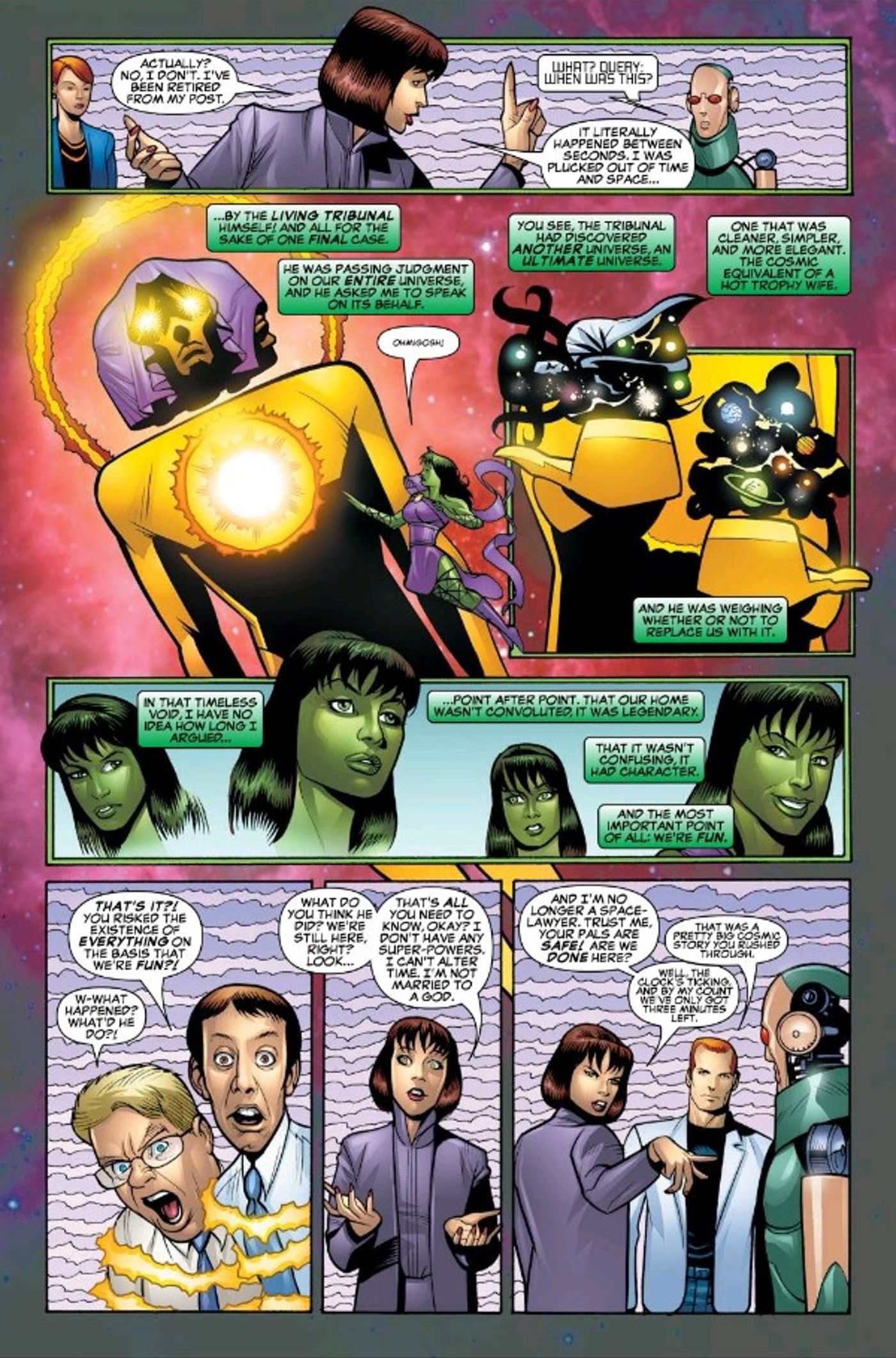
For all the fanfare surrounding it, Ultimate Marvel still left an imperfect legacy. It may be virtually impossible for Marvel to return to its 2000s era edge even for a temporary event. However, this event has the opportunity to take advantage of its time gap by embracing it in a metatextual sense. The MCU is forever undeniably wrapped in the legacy of the Ultimate Universe and as such, this comic event could provide a metaphor for the movies. In the same way that audiences feel “superhero fatigue” for the current state of the movie genre, the Ultimate Universe ultimately fell due to reader fatigue over what the world had to offer.
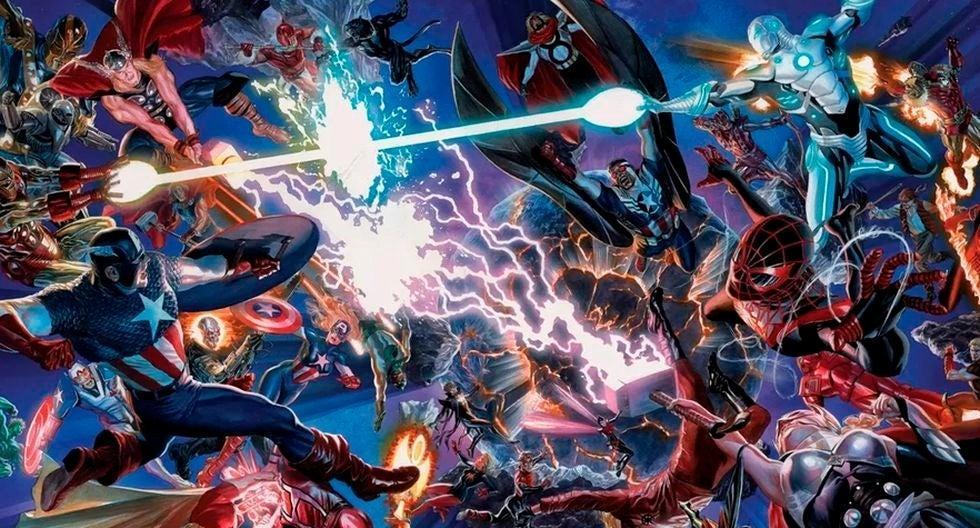
The parallels are certainly there. The Ultimate Universe was where Marvel superheroes achieved the highest status of celebrity imaginable, but many also served larger corporate interests that dampened their message. Ultimate Invasion could be compelling by making such a parallel evident in its narrative. The best part about the Ultimate Universe was that it offered writers creative freedom to do whatever they wanted in ways they couldn’t in Marvel’s main canon. The Ultimate Marvel Universe‘s downfall came when Marvel ran out of ideas, but the best way to address its history would by acknowledging the good and bad of its real-world media legacy, including its impact on the MCU.


